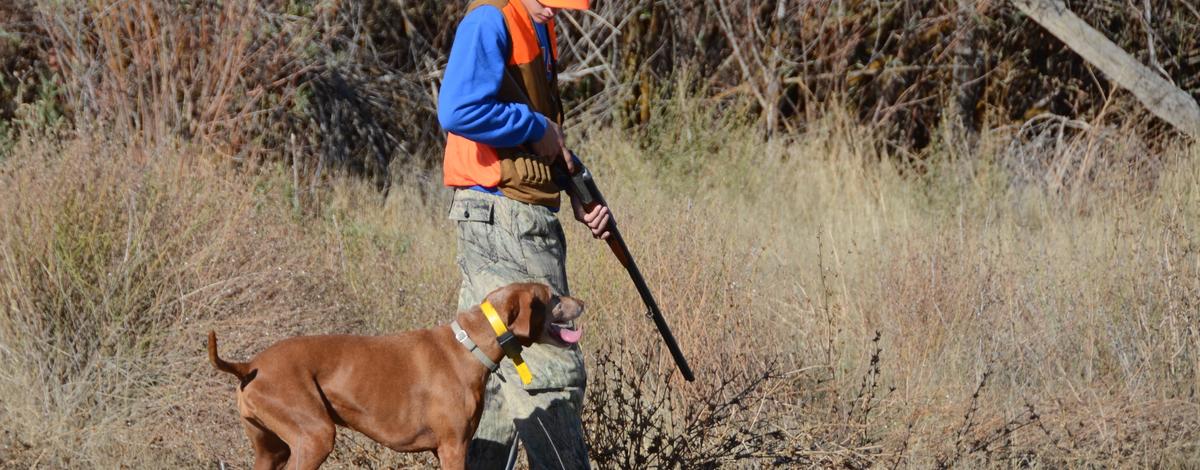With several upland game bird seasons in progress or about to begin, the Idaho Department of Fish and Game asks hunters to help gather upland game bird information by providing a fully feathered wing for each bird they harvest.
By examining the shape, condition, length and color patterns on wing feathers, biologists can determine the bird's sex and whether it was an adult or juvenile. For sage grouse, biologists can even tell if an adult female successfully produced chicks that year. In addition, the percentage of juveniles and adults wings collected can provide information on production rates. All of this information can help determine the status of various game bird populations and helps Fish and Game improve management of the species.
Hunters can provide their wings in a variety of ways, one being by mail.
Close to 3,000 hunters who purchased a Sage/sharp-tailed grouse permit have received a packet in the mail with specific directions and a pre-paid return envelope. Hunters, who did not receive a mail-wing envelope, can still participate by contacting their nearest Fish and Game office or call 208-334-2920.
"We'd like the wings mailed back to us by November. For sharp-tailed grouse, we also want to know where the bird was harvested, date of harvest, days hunted, and number of hunters if hunting in a group," said Jeff Knetter, Fish and Game upland game and migratory bird coordinator.
Hunters can also drop their wings off at department-run check stations or in "wing barrels" located at popular access routes throughout the hunting season. Unfortunately, check stations and wing barrels sometimes miss grouse hunters in more remote areas of the state. The mail-in wing program targets those hunters that may not pass by a check station or wing barrel.
"The more information we have about hunters and birds harvested, the better we can manage the different species," said Knetter.

